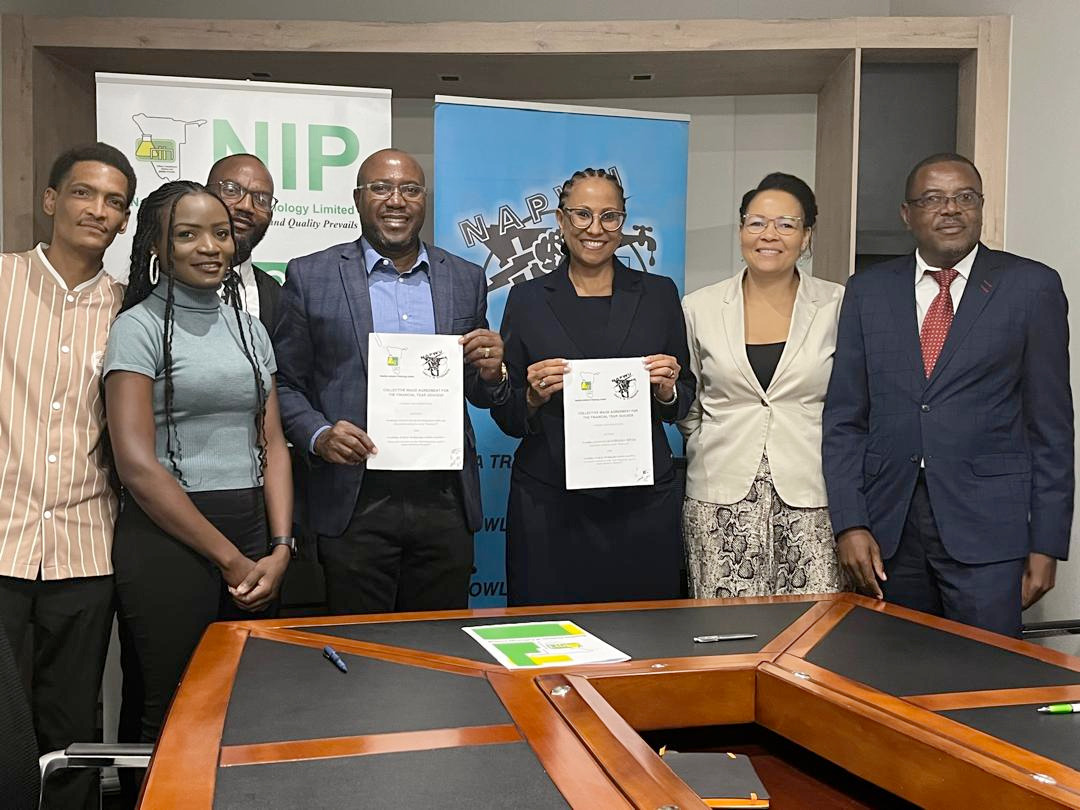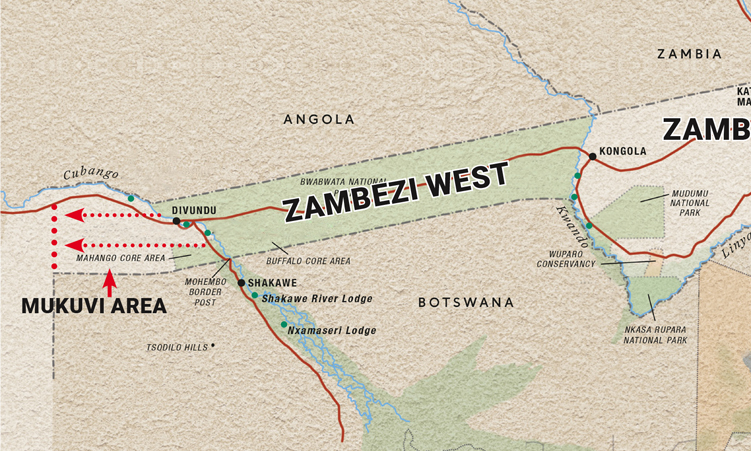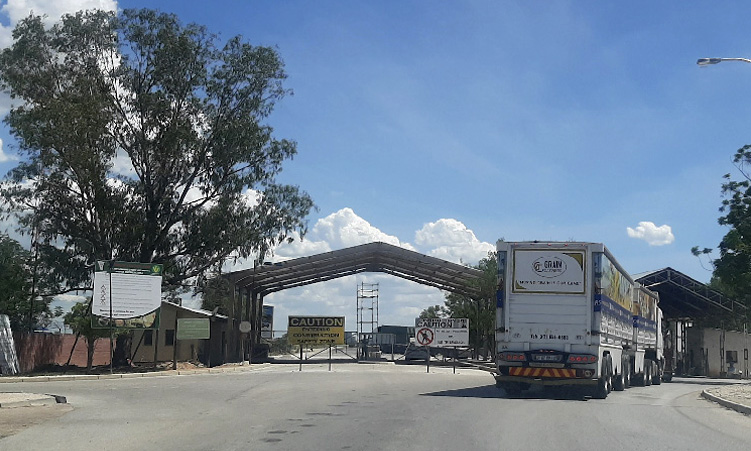The Bank of Namibia (BoN) has called on the state to consider zero-rating value-added tax (VAT) on goods consumed particularly by the most vulnerable.
This is part of the BoN’s interventions to the state and is included in the 2022 annual report as released in March.
According to the intervention, although a host of the consumer goods, which are presumably affected by the current global supply disruptions and increasing prices caused by the Russia-Ukraine war, are already zero-rated, some items still need consideration.
“Other goods that could be considered for zero-rating may include all wheat and all grain products and substitutes,” the intervention reads.
The deputy director of finance and public enterprises, Oscar Capelao, last month at a taxpayer’s appreciation day, however, said adjusting tax rules should be done considerately – especially around significant contributors such as VAT.
If kept as is, the bank said the impact of the food price increases on poverty could be particularly significant in Namibia, given that many households spend about half their income on food.
Fuel price increases are also likely to have a smaller direct impact on poverty, but because fuel is an intermediate input in most other goods and transport services, the impact could still be significant.
To curb fuel price increases, the Ministry of Mines and Energy reduced levies on all petroleum products last year.
“While these measures provide temporary relief to consumers, they may not be sufficient, especially to the most vulnerable members of society.
“However, more long-term measures are needed to protect the most vulnerable people in society, such as increasing grants to the elderly and those living with disabilities,” the central bank said.
While these do not really attend to the root causes of poverty, the bank further said the government should consider investing in rural infrastructure to improve productivity.
“Improvements in rural infrastructure raise the prices received for output from a region and lower the cost of consumption goods brought into the region, and can be very effective in lowering poverty.
“Investments in infrastructure frequently have high benefit-to-cost ratios.
“A sound strategy is to rigorously screen potential infrastructure projects so that high benefit-to-cost ratio projects are identified and carried out,” the recommendation reads.
Email: lazarus@namibian.com.na
Twitter: @Lasarus_A
Stay informed with The Namibian – your source for credible journalism. Get in-depth reporting and opinions for
only N$85 a month. Invest in journalism, invest in democracy –
Subscribe Now!






